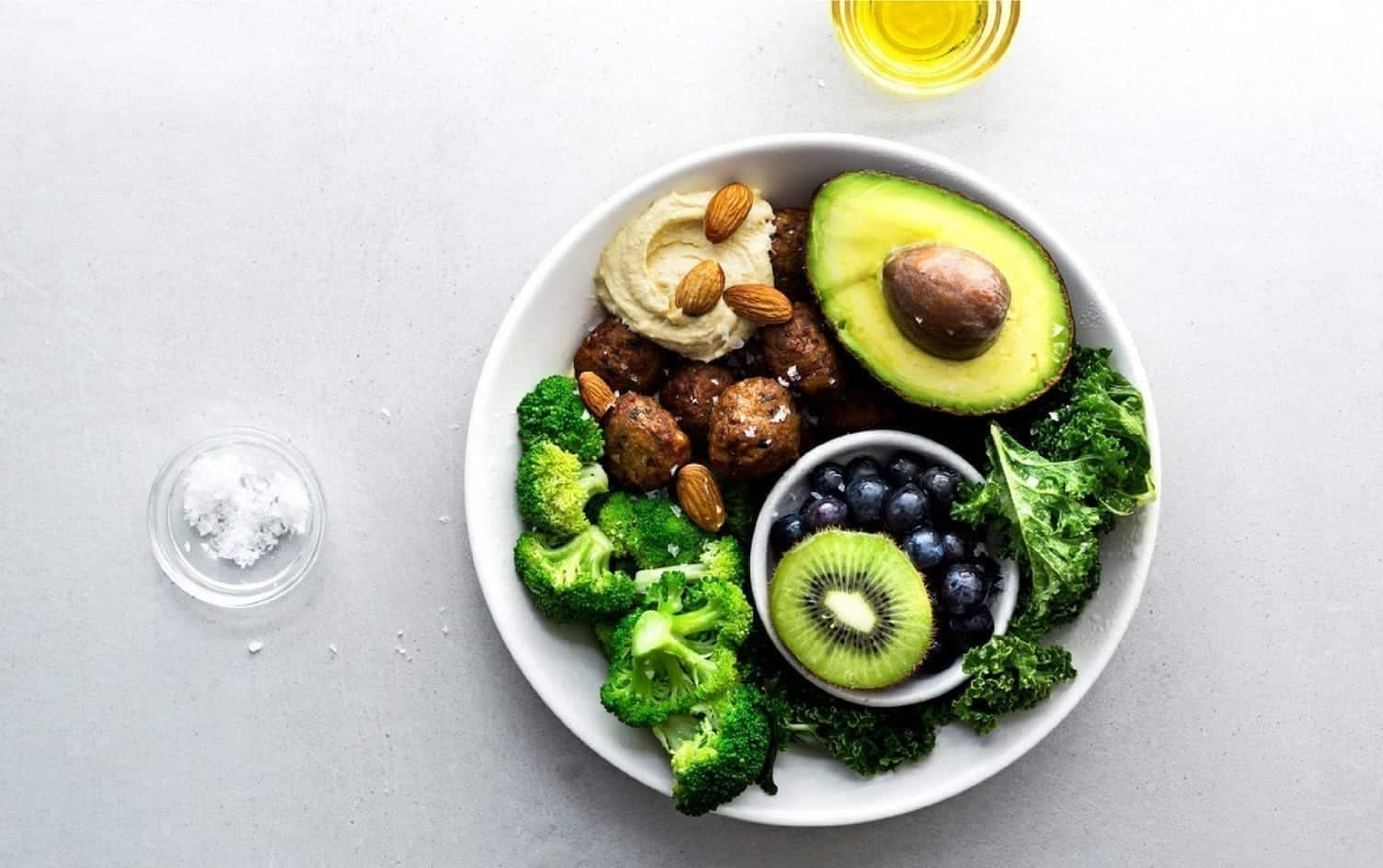
Seven years ago, 1% of Americans identified as being vegan. Today 6% claim they are totally animal-free, according to GlobalData’s Top Trends in Prepared Foods in 2017.
While the reasons are varied — health, animal rights, climate change, taste preference — there’s no denying that more people are eating more plants. If you are considering going completely plant-based and trying a vegan diet, here are the 10 things registered dietitians want everyone to know before diving in.
EDUCATE YOURSELF FIRST
Going vegan isn’t about only eating salads — doing so may cause you to fall short on your nutrient needs, such as protein, B12, iron, calcium, vitamin D, zinc and omega-3 fatty acids, says sports and performance dietitian Cynthia Sass, RD. “If you aren’t 100% confident about this, consult with a registered dietitian who specializes in vegan eating,” she recommends. They can help you develop a plan to meet your nutrition needs.
IT’S NOT NECESSARILY HEALTHY
“Going vegan doesn’t automatically make your diet healthier. It’s easier than ever to be a junk food vegan, which can actually worsen your health,” Sass says. Although whole foods are always best, some processed items have a place, too. “Because we love convenience and sometimes need quick options, [these are] great to fill in the gaps when you need something in a hurry, but don’t rely on them solely,” adds Cara Harbstreet, RD, of Street Smart Nutrition. While often delicious, vegan cookies are still cookies, and faux meats can be highly processed and filled with ingredients you might otherwise avoid.
IT’S NOT A MAGIC PILL FOR WEIGHT LOSS …
“While vegans statistically weigh less than omnivores, going vegan doesn’t guarantee weight loss,” Sass says. If weight loss is your goal, your portions, nutrient balance and meal timing need to be appropriate for your body’s needs, she explains. This is another reason whole foods are best.
… OR FOR ANYTHING
“Despite what popular documentaries or celebrities may tout, a vegan diet is not the solution for perfect health,” Harbstreet says. “While there is ample evidence that [by] following a plant-based diet, results can be beneficial, it doesn’t hold the secret for long-term weight loss, eradication of disease or the management of serious or chronic health conditions. There are always examples of people who thrive when adopting a vegan or plant-based diet, but keep in mind that what worked well for them won’t necessarily work that way for you.”
SEEK THE BEST PROTEIN SOURCES
Oftentimes protein is the biggest concern for someone who decides to forgo eating meat. It’s actually not that big of a worry, but some plant-based proteins area better than others. “I recommend including beans, lentils, legumes, nuts, seeds and soy options like tofu, edamame or tempeh as alternatives to replace animal protein in vegan meals,” Harbstreet says.
BALANCE IS ESSENTIAL
Veggies are fantastic and can be filling thanks to their fiber and water content. However, veggies alone are not a meal. “Balance your macronutrients, so each meal includes veggies, protein, healthy fat and whole-food carbs,” Sass says. For example, a vegetable stir-fry with tofu, wild rice and black-eyed peas. Or kale, plant protein, almond butter, frozen banana and berries blended into a smoothie.
FARTS WILL HAPPEN
“When you begin to eat more veggies, fruits, whole grains, pulses, nuts and seeds, you may experience some bloating, gas and GI discomfort,” Sass says. “But this should subside as your body adjusts. Tune into how you feel, and be sure to drink plenty of water to help your body pass dietary fiber.”
YOU SHOULD FEEL BETTER, NOT WORSE
Digestion aside, you should feel good on a vegan diet. “If you feel tired, irritable, sluggish or chronically hungry, something is off kilter in your diet,” Sass says. You may be short on some nutrients, so see a doctor or registered dietitian who specializes in vegan diets if this happens.
IT’S NOT AS HARD AS IT USED TO BE
“With plant-based diets receiving more positive attention than ever, restaurants and food manufacturers are responding by producing an abundance of vegan options that make this lifestyle more convenient,” Harbstreet says. So you should be able to eat out with family or friends no problem.
IT DOESN’T HAVE TO BE ALL OR NOTHING
“If you’re going vegan purely for health and not for ethical reasons, you might consider going mostly vegan,” Sass says. “You can still gain significant health benefits from being primarily vegan.” Start by making one meal each day completely vegan, then consider making a second meal vegan and see how you feel.
THE BOTTOM LINE
A vegan diet can be healthy and may help lower cholesterol, aid in weight loss and reduce the risk of some diseases. But this is only “as long as you can commit to learning about how to meet your nutrient needs, plan ahead to ensure that you are meeting them and make whole foods your focus,” Sass says.




